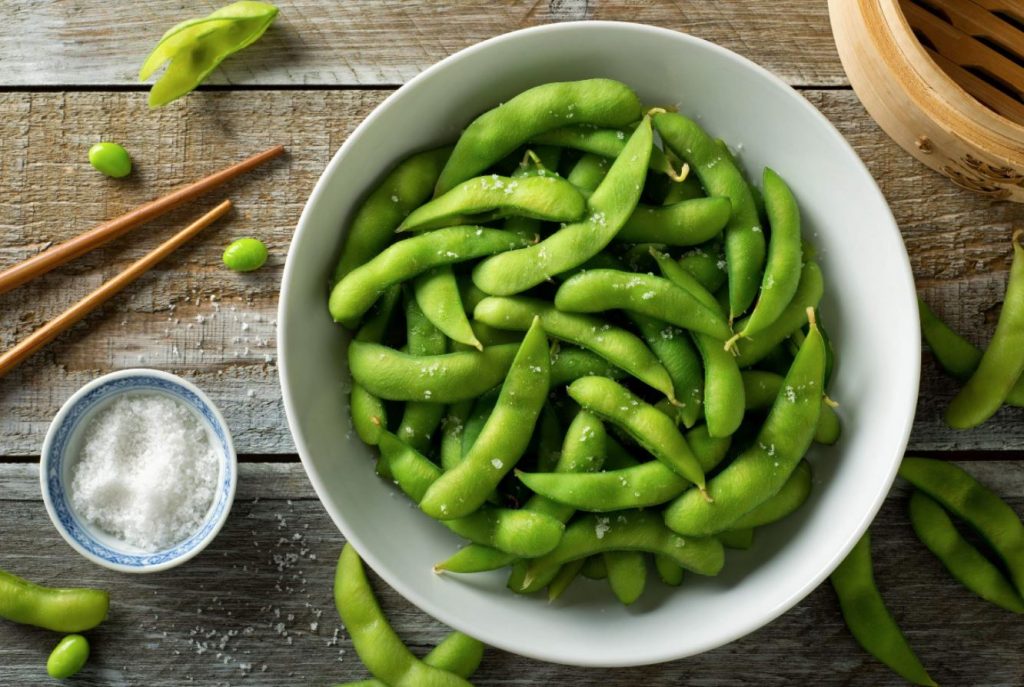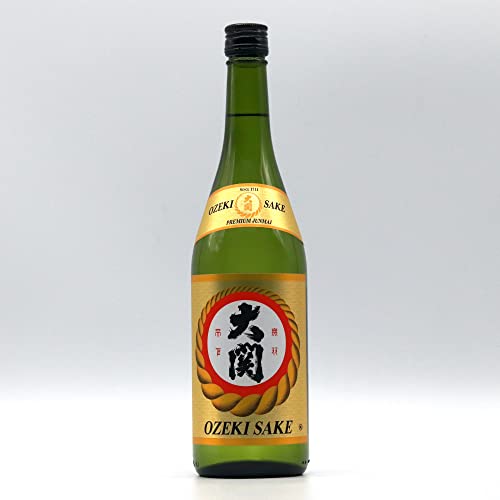Welcome to this delectable and informative article about the versatile and nutritious legume known as edamame. If you’re a food enthusiast or looking for a healthy snack option, you’ve come to the right place.
In this article, we will explore the world of edamame, and its nutritional benefits, and provide you with a variety of mouthwatering edamame recipes to try at home. So, let’s dive right in and discover the wonders of edamame!
Edamame Recipe
Edamame, also known as young soybeans, is a popular ingredient in Asian cuisine. It is often enjoyed as a snack or appetizer due to its mild and nutty flavour. Edamame is highly nutritious, packed with protein, fibre, vitamins, and minerals, making it an excellent choice for health-conscious individuals.
To prepare a simple and delicious edamame recipe, follow these steps:
Ingredients:
- 1 cup of edamame beans (frozen or fresh)
- 1 tablespoon of olive oil
- 1 teaspoon of sea salt
Instructions:
- Start by bringing a pot of water to a boil.
- Add the edamame beans to the boiling water and cook for 3-5 minutes, or until tender.
- Drain the cooked edamame beans and rinse them with cold water to cool them down.
- In a skillet, heat the olive oil over medium heat.
- Add the cooked edamame beans to the skillet and sauté them for 2-3 minutes, or until lightly browned.
- Sprinkle the sea salt over the sautéed edamame beans and toss them gently to coat evenly.
- Remove the skillet from heat and transfer the edamame beans to a serving dish.
- Serve the edamame recipe as a snack or appetizer, and enjoy!
This quick and easy edamame recipe is perfect for parties, movie nights, or anytime you crave a healthy and satisfying snack. The combination of the nutty edamame beans, the richness of olive oil, and the touch of sea salt create a delightful flavour profile that will leave you wanting more.
The Health Benefits of Edamame
Edamame is not only a tasty treat but also a nutritional powerhouse. Here are some of the incredible health benefits that edamame provides:
- Rich in Protein: Edamame is an excellent source of plant-based protein, making it an ideal choice for vegans and vegetarians. Just one cup of edamame contains around 17 grams of protein, helping to build and repair tissues in the body.
- Fibre-Rich: High in dietary fibre, edamame aids digestion and helps maintain a healthy digestive system. It promotes regular bowel movements, prevents constipation, and contributes to overall gut health.
- Packed with Vitamins and Minerals: Edamame is a fantastic source of essential vitamins and minerals, including vitamin K, folate, iron, and magnesium. These nutrients play vital roles in maintaining strong bones, supporting brain function, and boosting the immune system.
- Heart-Healthy: Edamame is low in saturated fat and cholesterol, making it a heart-healthy snack. It contains polyunsaturated fats and omega-3 fatty acids, which are beneficial for heart health and help lower the risk of cardiovascular diseases.
- Weight Management: Incorporating edamame into your diet can aid in weight management due to its high protein and fibre content. Protein and fibre promote feelings of fullness and satiety, reducing the urge to overeat and aiding in weight control.
FAQs (Frequently Asked Questions) about Edamame
Edamame can be prepared in various ways. Apart from the sautéed recipe mentioned earlier, you can also boil, steam, roast, or even grill edamame beans. Experimenting with different cooking methods can bring out unique flavours and textures.
Yes, you can eat the edamame pods. They are edible and add a crunchy texture to the overall experience. However, if you prefer to eat only the beans, you can squeeze the pods gently, and the beans will pop out.
Absolutely! Frozen edamame is readily available in most grocery stores and is a convenient option for preparing edamame recipes. Just follow the instructions on the package for cooking times, and you’ll have delicious edamame ready to enjoy.
Edamame is generally considered safe and well-tolerated by most individuals. However, individuals with soy allergies should avoid consuming edamame, as it is derived from soybeans.
Certainly! Edamame can be a versatile ingredient in a variety of dishes. You can add cooked edamame to salads, stir-fries, pasta dishes, or even blend them into a creamy dip. The options are endless, and it’s a great way to boost the nutritional value of your meals.
If you have leftover cooked edamame, store them in an airtight container in the refrigerator. They can stay fresh for up to 3-4 days. To reheat, simply blanch the edamame in boiling water for a minute or two and enjoy them warm or chilled.
Conclusion
In conclusion, edamame is a versatile and nutritious legume that can elevate your snacking experience and provide numerous health benefits. Whether you’re a health-conscious individual or simply looking to explore new flavours, edamame is a wonderful addition to your culinary repertoire. Try out the simple edamame recipe mentioned above, or get creative and incorporate edamame into your favourite dishes. The possibilities are endless, and your taste buds will thank you!
Remember, by enjoying edamame, you’re not only treating yourself to a delightful snack but also nourishing your body with essential nutrients. So, grab a bowl of edamame, sit back, and indulge in this delectable and healthy treat.




